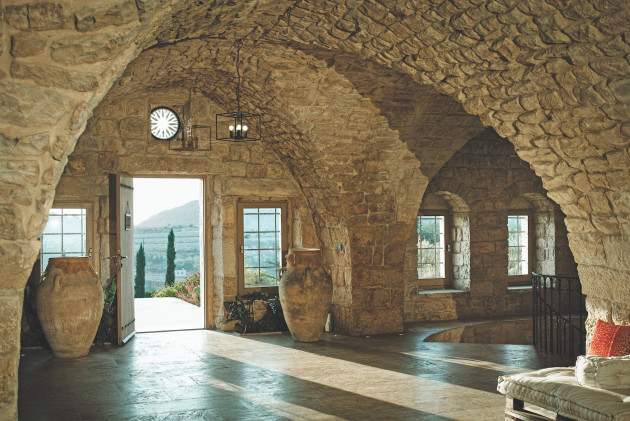
IXSIR powers through Lebanon challenges to declare healthy vintage
Leading Lebanese winery IXSIR is reporting a “healthy” 2020 vintage, despite the harvest beginning within days of the deadly explosion that rocked Beirut and increasing Covid-19 restrictions.
IXSIR reports that it harvested 270 hl in 2020 despite the instabilities within Lebanon. Harvest began just 11 days after the explosion in the port Beirut which has been devastating to the country’s wine industry – one of Lebanon's most important exports.
IXSIR’s co-founders, Gabriel Rivero and Etienne Debanné, both said the winery had been determined to “power through” the challenges, with support from UK importer Enotria.
“The harvest season might have been shorter this year, but it was quite intense. The unprecedented circumstances in Lebanon made it difficult to reach some of the terroirs. Then there was the lockdown, and some of our usual workers had to isolate and could not work in the field. However, we powered through and we believe we have had a beautiful result. It shows that the harder the days, and the harder the year, the more promising vintage is,” Rivero, who is also the estate’s winemaker, said.
Harvest at IXSIR began on 15 August primarily with Muscat. The white grapes were picked in terroirs at low altitudes, including in Batroun around the winery, which is located at 400m above sea level. The harvest ended around the 25 October with terroirs in higher altitudes, including Ainata (1,800m above sea level) where grapes take more time to ripen. As there was a heat wave, the grapes at high altitude were picked sooner than usual.
Speaking of this year’s challenging situation, Debanné added: “In addition to the devaluation of the Lira and the restrictions imposed by the Covid-19 pandemic, this is one of the toughest challenges the Lebanese wine industry has faced, and some winemakers claim that the times are even harder than the Lebanese Civil War.
“What makes it so challenging is that unfortunately, everything used in the winemaking process of Lebanese wine is imported except for the grapes, which means that all winemakers have seen their costs increase exponentially.”
Keywords:
- wine
- UK
- Lebanon
- Ixsir
- winery
- harvest
- grapes
- wine industry
- challenges
- lebanese
- Lebanese Wine
- covid 19
- harder
- terroirs
- sea level
- altitudes including
- higher altitudes including
- altitudes including ainata
- situation debanné added
- challenging situation debanné
- year’s challenging situation





